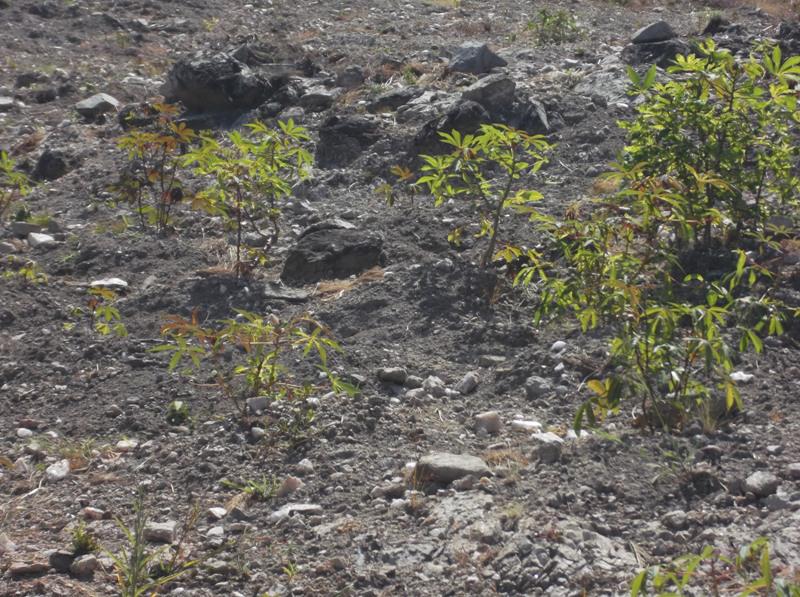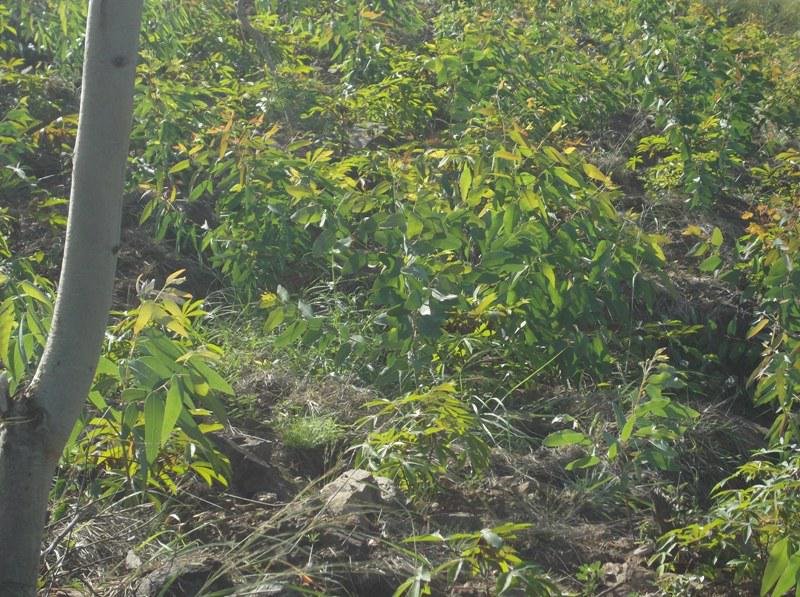Lucien Mabwe
Other projects
9 Feb 2012
Sustainable Management Actions for the Lake Tanganyika Biodiversity Conservation in the Fizi Territory, in DR Congo
The aim is to provide training and sensitization for the threats that the lake is undergoing; Concrete actions for lake and its biodiversity conservation

The Lake Tanganyika, situated in the African Rift Valley between Burundi, DR Congo, Tanzania and Zambia is one of the Africa’s Great Lakes. He has over 1500 species of animals and plants and more than 250 fish species are endemic and it is well known as a hotspot of aquatic biodiversity. It contains 17% of the world's available surface freshwater supplies and its basin is important to millions of people.

However, the environment of Lake Tanganyika faces multiple challenges resulting from rapidly expanding human populations in the riparian countries. In the South Kivu (DR Congo Province), particularly the Fizi territory which has 350 km of coastline, the most immediate threats are defined as follows:
People practises unsustainable agriculture, make deforestation, resulting in erosion and excessive sediment and nutrient loads. This, destroy the habitat of several species (colourful fish, snails, crabs, shrimps, sponges, crocodile and many other organisms)
Residents make of harmful fishing, and non selective fishing ; this removing several species
The lake ecosystem (reeds - aquatic plants) constitute the habitat and spawning ground of the species has been destroyed for various reasons.
The effects of climate change impacts the lake and the local population.
Faced with these threats that cause the scarcity of natural resources, people do not know what to do. They are ignorant and make sacrifices of animals or humans, accuse each other of witchcraft.
We provide modern and scientific solutions faced the lake threats.
The first Rufford Small Grant has sensitized people on threats that the lake is undergoing and has done the ecosystem restoration by planting reeds as solution to the species habitat destruction. This second Rufford Small Grant aims to organize workshops and sensitizations in Munene, Mkwechi and Lweba villages on specific issue of lake sedimentation, unsustainable fishing and fight against climate change effects for the well-being of local populations. So, to the lake sedimentation, we shall dissuading people to give up their bad farming practice and plant trees to fight against erosion; to the bad practices of fishing, we shall distribute fishing net having standard mesh ; we shall incite local people to grow cassava crop which is effective in the fight against global warming.